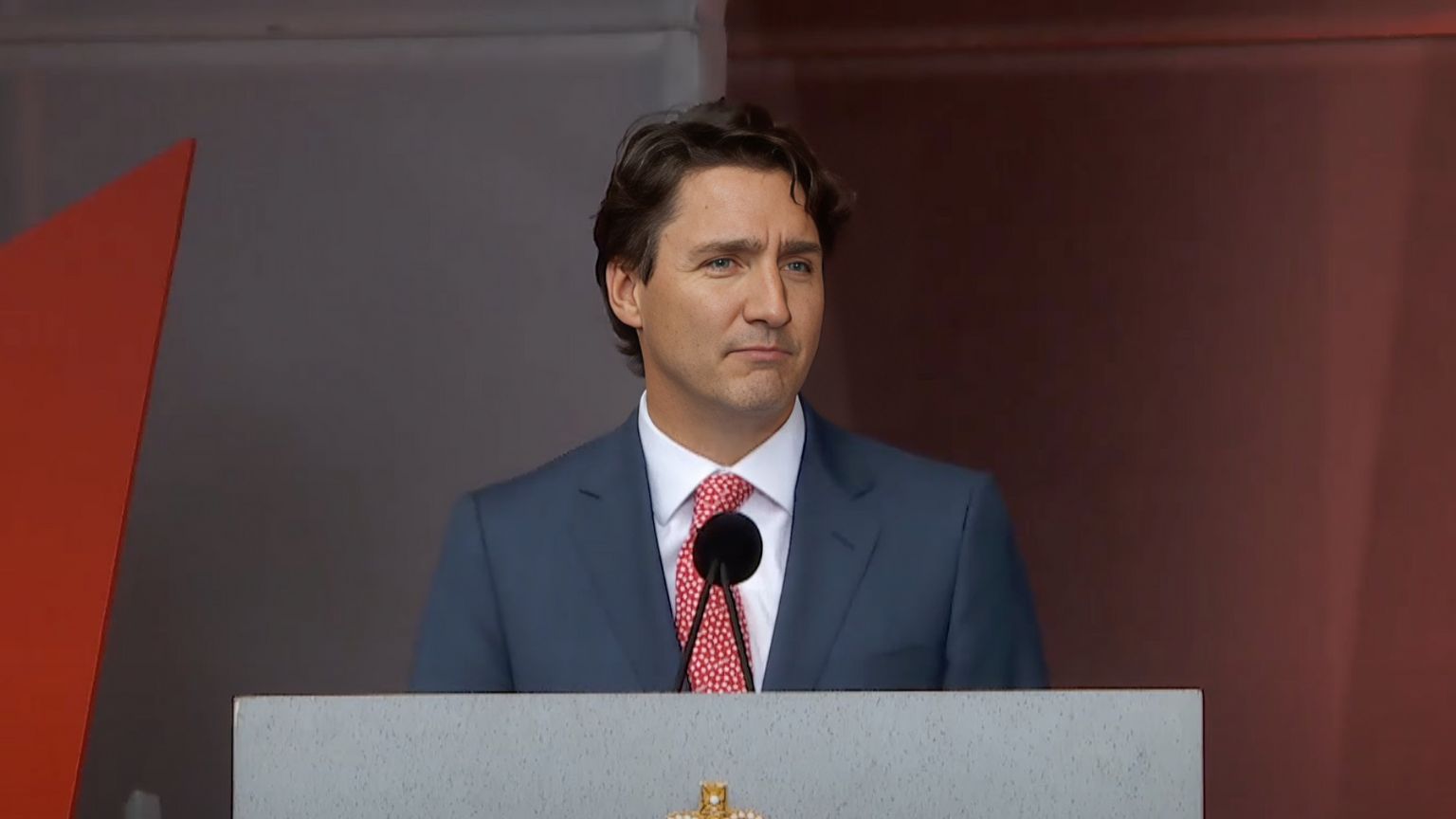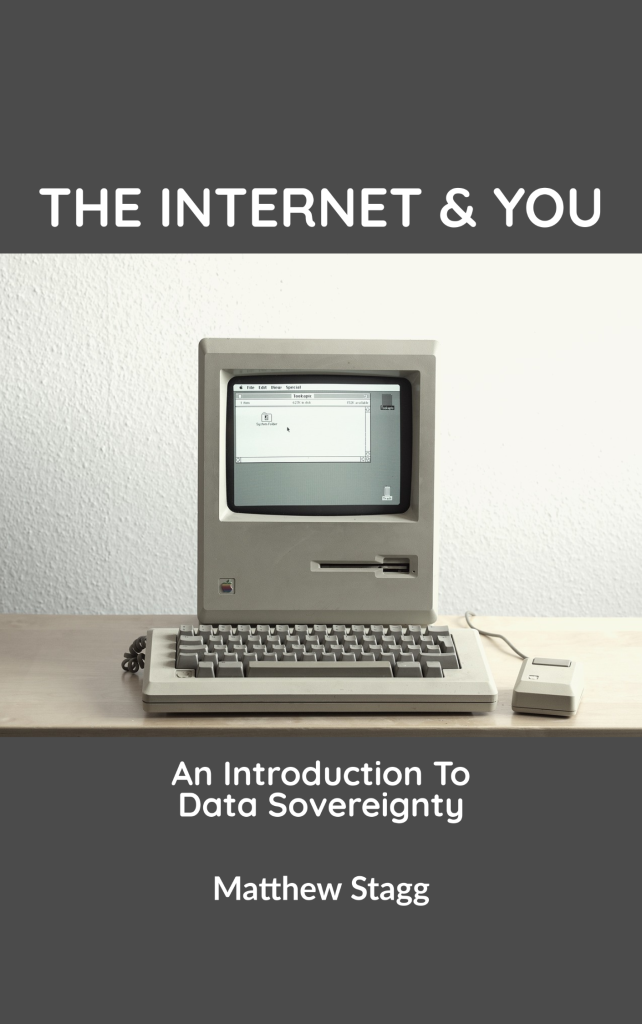Canada’s controversial Online Streaming Act, Bill C-11, will become law.
Bill C-11 reforms the Broadcasting Act to apply to online content. Streaming services like YouTube, Spotify, and Netflix will be forced to follow the same rules that apply to traditional broadcasters and will be regulated by the Canadian Radio-television and Telecommunications Commission (CRTC).
Streaming services will be required to invest in and prioritize Canadian content. Critics of the bill have warned that it would negatively impact individual content creators and give the government control of the content Canadians see online.
“Liberal” politicians have said that it’s worth it.
Online platforms also criticized the bill, with YouTube running a campaign to warn content creators that the bill could affect their income.
The Senate proposed several amendments that were rejected by the lower chamber. However, the passed bill included “public assurance” that it “will not apply to user-generated digital content” because it doesn’t regulate the independent content uploaders themselves. However, it does apply to the platforms that these users upload their content to and so the independent creators are affected.
The government insisted that the bill contains adequate safeguards to protect individual content creators and rejected amendments with further protection because they would affect its ability to “publicly consult on, and issue, a policy direction to the CRTC to appropriately scope the regulation of social media services.”
The bill gives the CRTC discretion to determine how to enforce it.
Only moments after the passing of the bill, groups that say they’re representing Canadian culture demanded more action. The lobbyists called for the CRTC to establish social media rules.
The Coalition for the Diversity of Cultural Expressions (CDCE), said it “applauds the passage of Bill C-11,” but wants more.
“The CDCE celebrates a great day, but notes that the real work has just begun,” the lobbyists said, calling for more rules for social media.
“In the coming months, the government will issue a policy direction to the CRTC, and the latter will then have the important responsibility of developing the rules that will apply to each of the new services that are now clearly under its jurisdiction, i.e. audiovisual and audio streaming services and social media,” the group wrote in a press release.
The group then added that: “The CRTC will thus ensure that everyone makes a significant contribution to the creation, production and promotion of Canadian music, programs and films, while taking into account Canada’s unique diversity.”
In a statement, People’s Party of Canada leader, Maxime Bernier, said: “In the case of Bill C-11, it’s unfortunate that the majority of Senators caved in and voted for the bill even after the government had rejected a crucial amendment proposed by senators Julie Miville-Dechêne and Paula Simons to clarify that it would not be used to regulate independent creators on YouTube and other platforms, which would be a clear violation of free expression.”
Bernier added: “In the first place, there is absolutely no need for the government and the CRTC to tell platforms to modify their algorithms to promote Canadian content. Canadians can decide what they want for themselves without the government holding their hands. This is a first step in creating a wall around the Canadian internet like the Chinese government does in China.”
The Conservative Party of Canada (CPC) said that it would repeal the bill if it forms a government.
Conservative Party leader Pierre Poilievre said that, “the power-hungry Trudeau Liberals have rammed through their censorship bill into law. But this isn’t over, not by a long shot.”
Poilievre said that, if elected, his government would, “restore freedom of expression online & repeal Trudeau’s C-11 censorship law.”
The post Canada passes its duplicitous online censorship bill appeared first on Reclaim The Net.





